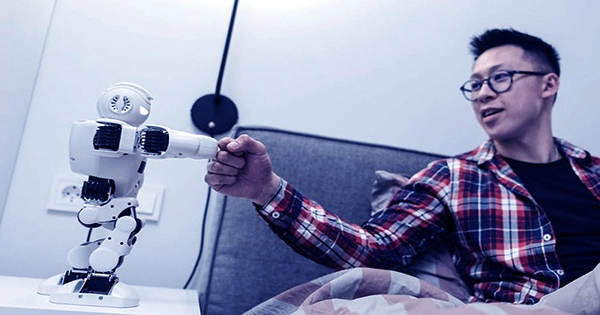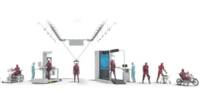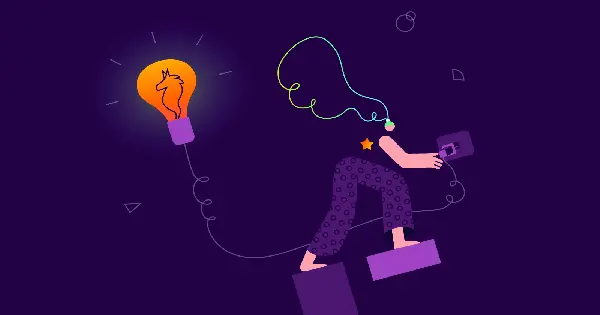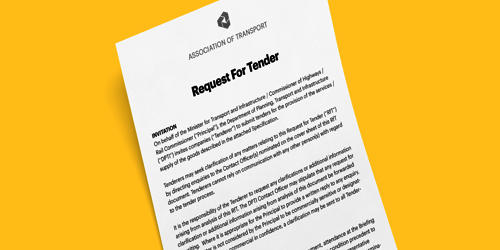Teamwork does not always make the goal come true; it can cause some people to relax while others pick up the slack, a phenomenon dubbed “social loafing” by social psychologists. But what if one of your teammates is a robot? According to a new study, this is the case.
“Teamwork is a mixed blessing,” stated the study’s first author, Dietlind Helene Cymek, in a statement. “Working together can motivate people to perform well, but it can also lead to motivation loss because individual contributions are not as visible.” We wanted to see if we could uncover similar motivational effects when the teammate is a robot.”
To find an answer, researchers assigned 42 individuals the unpleasant duty of finding mistakes on a series of circuit boards. Despite the fact that all participants were working alone, half were told that the circuit boards had already been inspected by a robot called Panda, which they could hear while working.
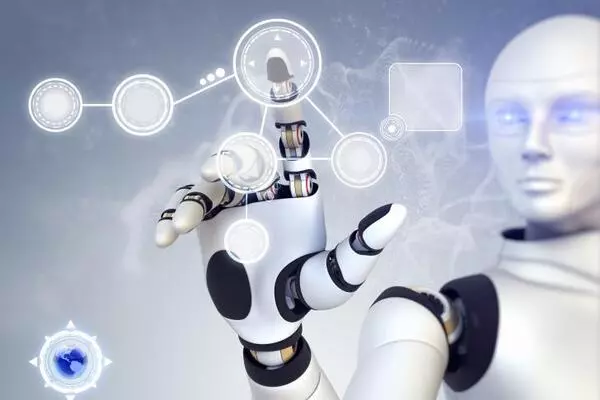
Participants were asked to rate their effort, how responsible they felt for the assignment, and how well they did after finishing it. When it comes to job completion time and perceived effort, responsibility, and performance, the two groups were nearly identical.
Of course, the participants’ perceptions of how well they performed were subjective, and a deeper look at their actual error rates revealed an intriguing outcome.
Have you ever finished a book, reached the end of a page, and realized you can’t remember anything you’ve just “read”? It’s as if you looked at it but didn’t process anything. That is identical to what occurred here.
When participants noticed that Panda had already marked multiple problems near the end of the activity, they caught fewer flaws. The researchers believe this is due to a “looking but not seeing” effect, in which people were less engaged with the activity because they unconsciously assumed that the robot had already done it for them. This was an example of social loafing in action.
“In our experiment, the subjects worked on the task for about 90 minutes, and we already found that fewer quality errors were detected when they worked in a team,” said Linda Onnasch, the study’s principal author. “In longer shifts, when tasks are routine and the working environment offers little performance monitoring and feedback, the loss of motivation tends to be much greater.”
While this may cause slight dissatisfaction in some vocations, it may pose a major problem in others, according to Onnasch. “In manufacturing in general, but especially in safety-related areas where double checking is common, this can have a negative impact on work outcomes.”
However, the study had certain limitations, including the fact that it was conducted in a laboratory rather than a workplace. A complete imitation of social loafing was improbable because participants did not work directly with Panda as they would with colleagues, and they were also aware that they were being monitored.
According to the researchers, the remedy is fieldwork. “To find out how big the problem of loss of motivation is in human-robot interaction, we need to go into the field and test our assumptions in real work environments, with skilled workers who routinely do their work in teams with robots,” he added.
So, social loafers, beware: a research team may be on your way soon. That being said, it’s great if you want to unwind on your way to work, especially if you’re floating down a river.
